Using AI to Improve Detection of Rare Diseases
Acute hepatic porphyria (AHP) is a rare genetic disease with symptoms that overlap with many other conditions, making it extremely challenging to diagnose. Its symptoms mostly affect women with severe

University of California San Francisco
Give to UCSFAcute hepatic porphyria (AHP) is a rare genetic disease with symptoms that overlap with many other conditions, making it extremely challenging to diagnose. Its symptoms mostly affect women with severe

Scientists have identified the biomarkers in progressive supranuclear palsy, a type of frontotemporal dementia, the most common dementia affecting people under 60.
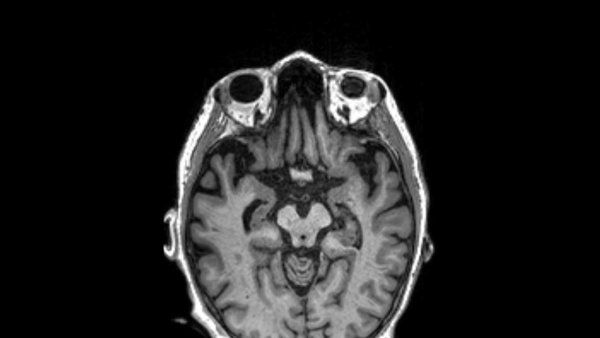
A study linked chronic inflammation in early adulthood to loss of cognitive skills in midlife. Chronic inflammation is caused by obesity, smoking, and poor health. Those with higher levels of inflammation were twice as likely to have poor cognitive performance than those with low inflammation.
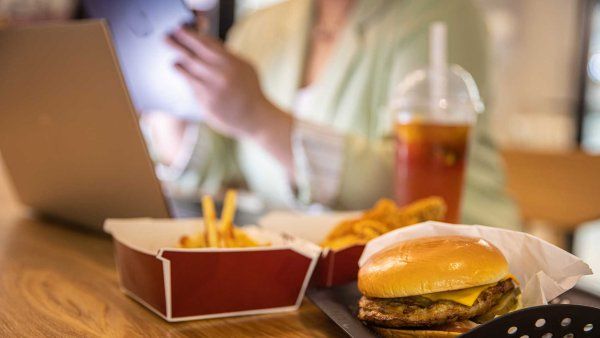
The Wraparound Project works to reduce youth violence in San Francisco schools. It provides mentorship and links clients to essential risk-reduction resources.

Hospitalized patients with complex dietary restrictions often develop hyperglycemia, or high blood sugar. This occurs in roughly one-quarter to one-half of these patients, leading to serious

Perpetual stress runs us down. But a truly restorative state that alters our bodies at the cellular level can counter this deterioration.

Deep rest is best achieved in prolonged practices that relax the body and quiet the mind. But you can also combat stress within seconds by activating your parasympathetic nervous system. Here are a few approaches to making this biological shift quickly.
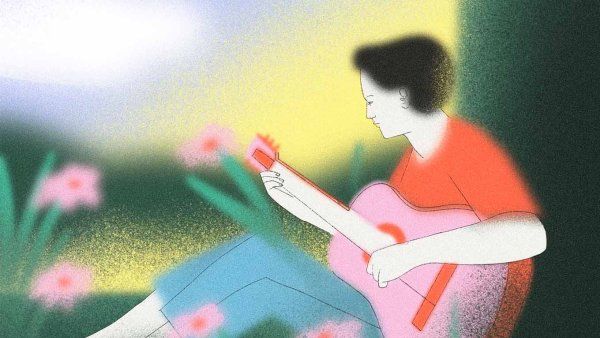
Diabetes distress, the fears, worries and burdens associated with living with and managing diabetes, affects up to 75% of adults with Type 1 diabetes. The most effective way to reduce diabetes and improve glucose control is to focus on managing the emotional strain of living with the condition.
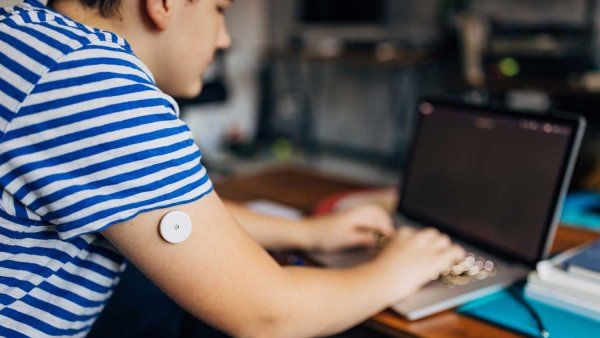
Recent research on screen use in children and teenagers examined the effects of screen time on sleep, nutrition, body mass index (BMI) and step count.

For tweens, restricting screens in bedrooms and at mealtimes and modeling healthy practices at home are parenting practices that work best to curb screen time and addictive screen behavior:

Traumatic brain injuries for people over age 65 can raise their risk for dementia, Parkinson's, cardiovascular and psych disease. Contrary to earlier research, the study found that healthy, wealthy white women are at higher risk.
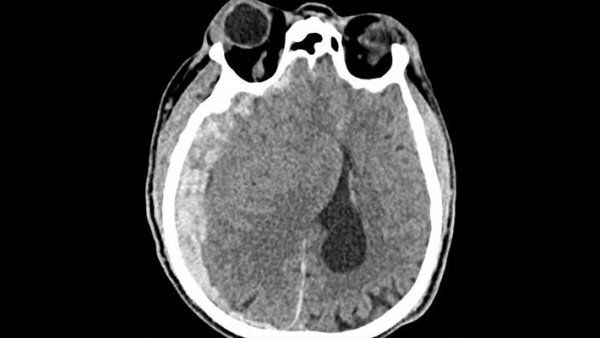
Anti-Asian hate may be fueling isolation and poorer health among elderly San Francisco residents.
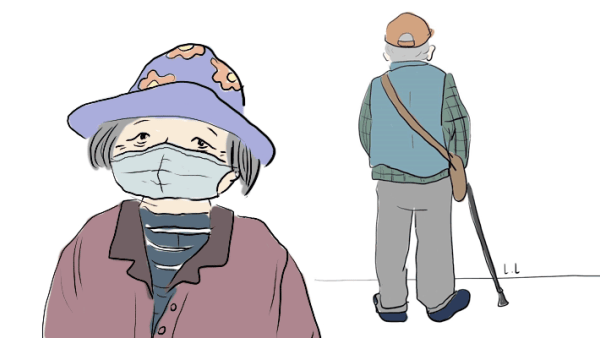
Transcranial magnetic stimulation (TMS) is a noninvasive in-office procedure. Brief magnetic pulses to the brain induces electrical currents that stimulate nerve cells in specific areas of the brain, providing symptom relief for patients with depression and OCD.
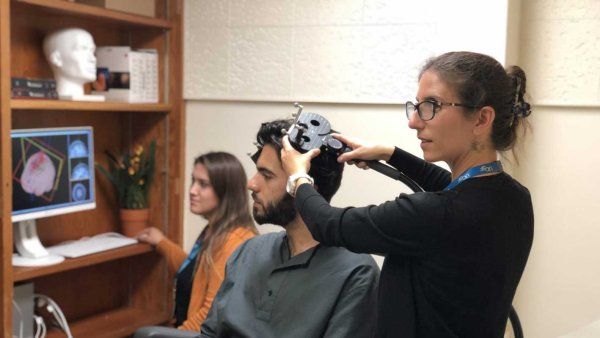
With further validation and clinical trials, the use of artificial intelligence in emergency departments could one day help prioritize patients based on the urgency of their treatment, and help with triage in emergency care.

Faculty members Chase Anderson, MD, and Brittany Bryant, LCSW, help us understand what microaggressions are, what they look like, and what they mean for your mental health – and practical skills to deal with them, whether they’re directed at you or not.
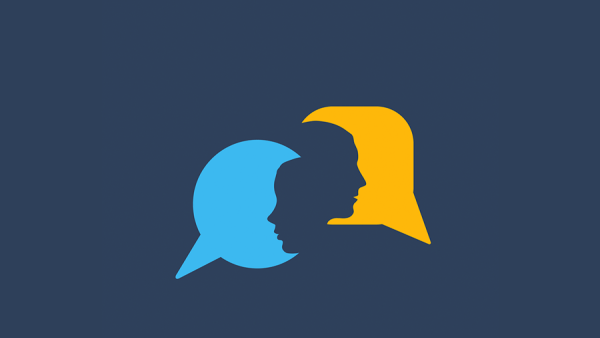
A smartphone app could enable greater participation in clinical trials for people with frontotemporal dementia (FTD), a devastating neurological disorder that often manifests in mid-life.
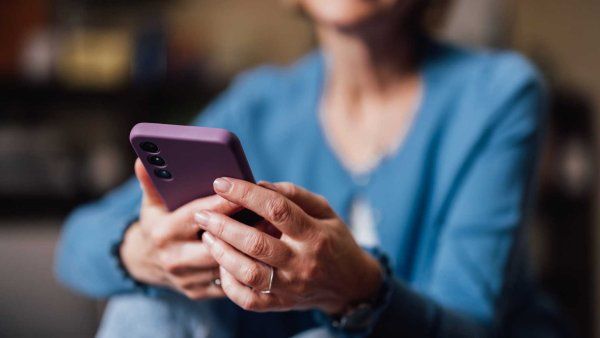
People with dementia and those who care for them should be screened for loneliness, so providers can find ways to keep them socially connected.
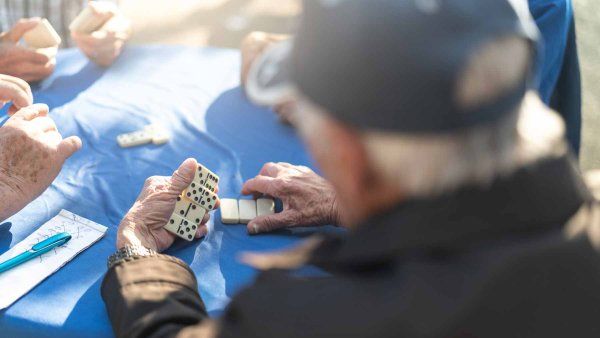
With Spring Forward setting our clocks one hour ahead, “Sleepy Monday” can have a temporary effect on our sleeping patterns. Aric Prather explains how.
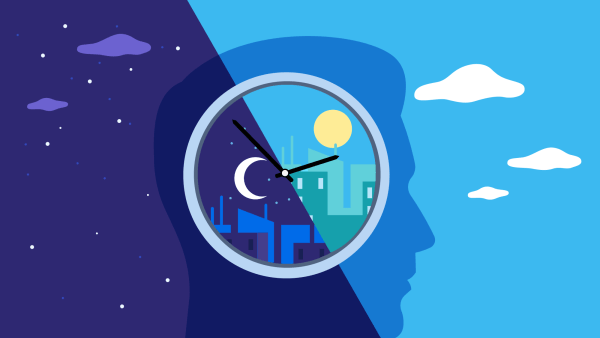
Medication abortion can be delivered safely and effectively through telemedicine, according to new research that comes as the U.S. Supreme Court is about to hear a case that could severely restrict access to one of the two pills that are used to induce abortions.
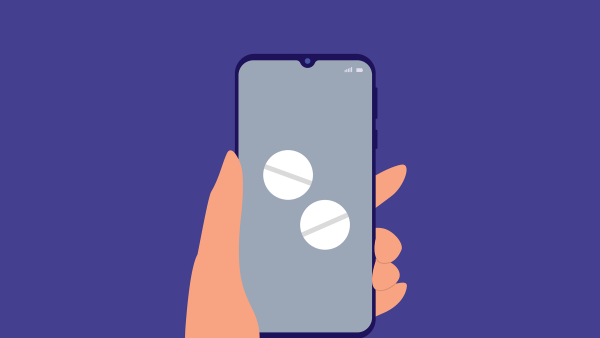
People with depression have higher body temperatures, suggesting there could be a mental health benefit to lowering the temperatures of those with depression.
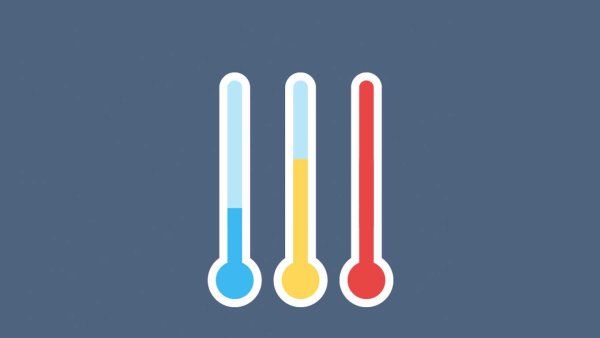
Fruit bats have a genetic system that controls blood sugar without fail. Learning from that system can help us make better insulin- or sugar-sensing therapies for human patients.
